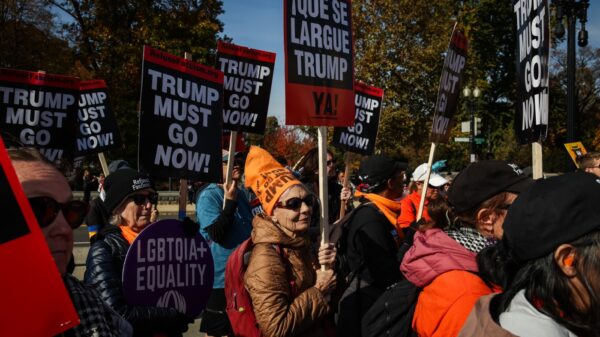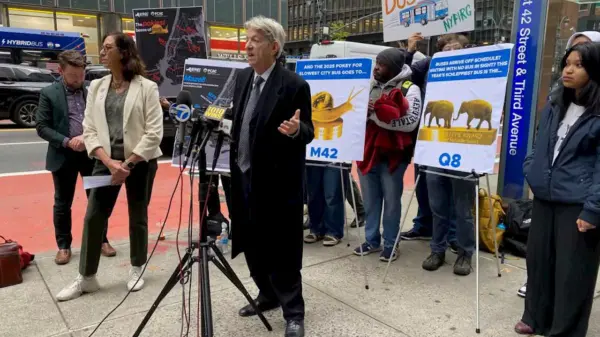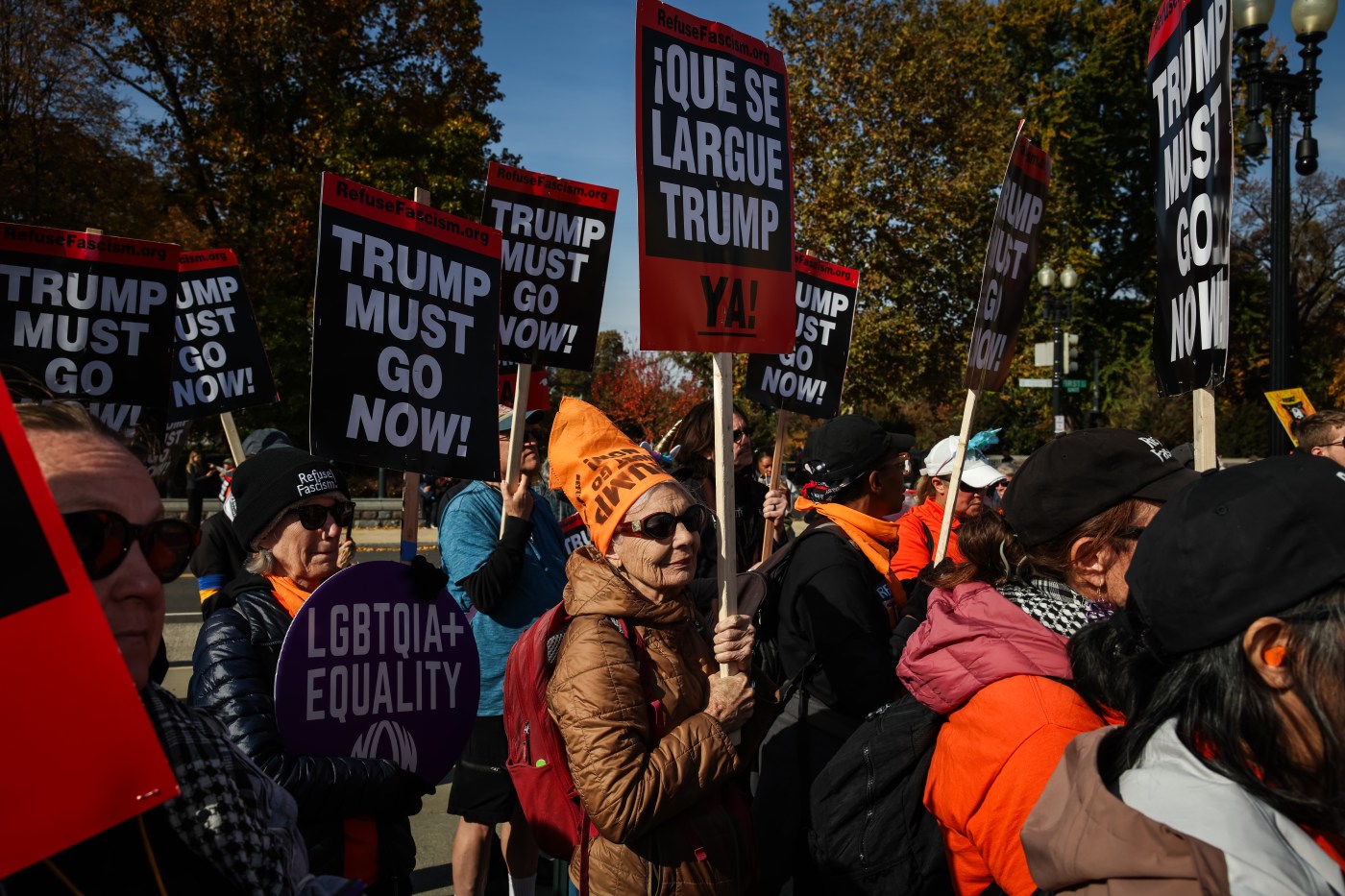The Supreme Court has decided not to revisit its landmark ruling on same-sex marriage, affirming protections that have been in place since the Obergefell v. Hodges decision in 2015. This decision comes in response to a petition from Kim Davis, a former county clerk from Rowan County, Kentucky, who previously refused to issue marriage licenses to same-sex couples following the Obergefell ruling.
Davis gained national attention when, in 2015, she was jailed for contempt of court after defying the law. Her refusal to comply denied same-sex couples in her jurisdiction the ability to marry under civil law, leading to significant public scrutiny. Ultimately, she was required to pay monetary damages for her actions. The Supreme Court has now effectively closed the door on her challenge, reinforcing the existing legal framework that guarantees same-sex marriage rights across the United States.
The heart of the matter is not a debate over personal beliefs but the obligation of public officials to uphold constitutional rights. If Davis felt that her personal convictions conflicted with her duties, the appropriate course of action would have been to resign rather than impede access to legal rights. As the court’s decision stands, it underscores that civil law must not discriminate based on sexual orientation.
In his majority opinion in Obergefell, Justice Anthony Kennedy emphasized the importance of equal dignity under the law. He stated, “It would misunderstand these men and women to say they disrespect the idea of marriage. … They ask for equal dignity in the eyes of the law. The Constitution grants them that right.”
The implications of this ruling extend to various civil rights that same-sex couples have come to rely upon, including tax benefits, property rights, and medical decision-making authority. Before Obergefell, many of these rights were not guaranteed, leading to significant disparities and obstacles for same-sex couples.
Illinois has been a leader in this regard, being one of the first states to legalize same-sex civil unions in 2011 and following up with a full marriage equality law in 2013. The swift progression of rights in various states highlights how recent these legal protections are and the importance of sustained vigilance in defending them.
With the Supreme Court choosing not to hear Davis’ appeal, there were no recorded dissents from the bench. This silence from the justices signals a firm commitment to uphold the principles of equality and civil rights embedded in the Constitution.
As the legal landscape continues to evolve, the court’s decision provides a reassuring affirmation for those advocating for equal treatment under the law. It serves as a reminder that the fight for civil rights is ongoing and that the Constitution demands equal protection for all citizens, irrespective of their sexual orientation. This outcome is a positive development for advocates of marriage equality and a testament to the progress made since the Obergefell ruling.






































































